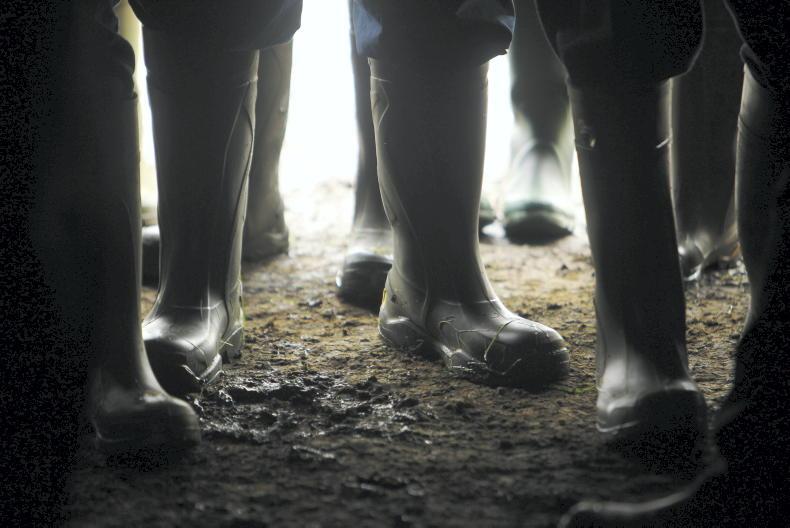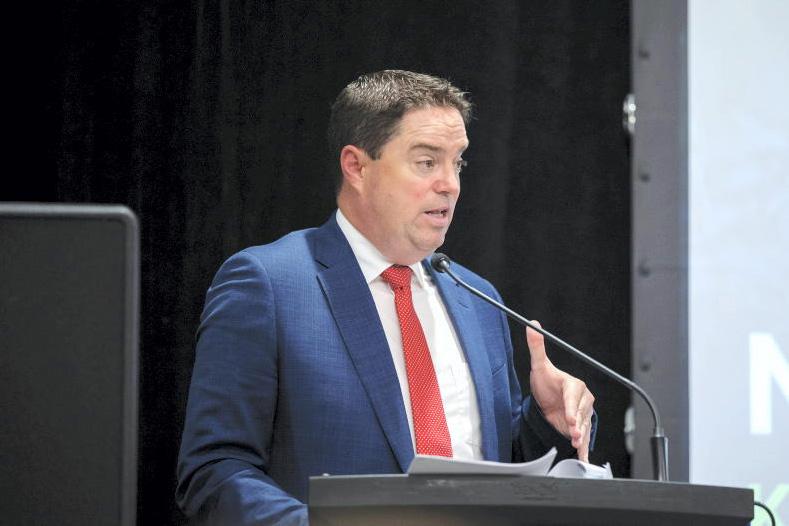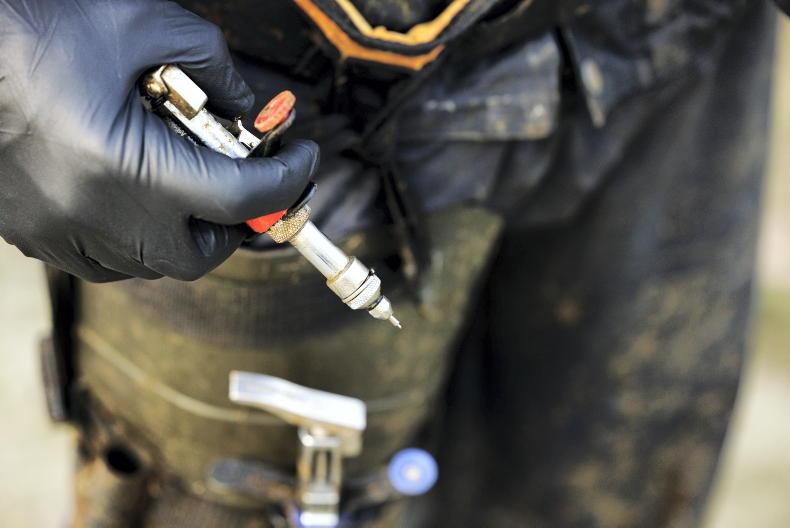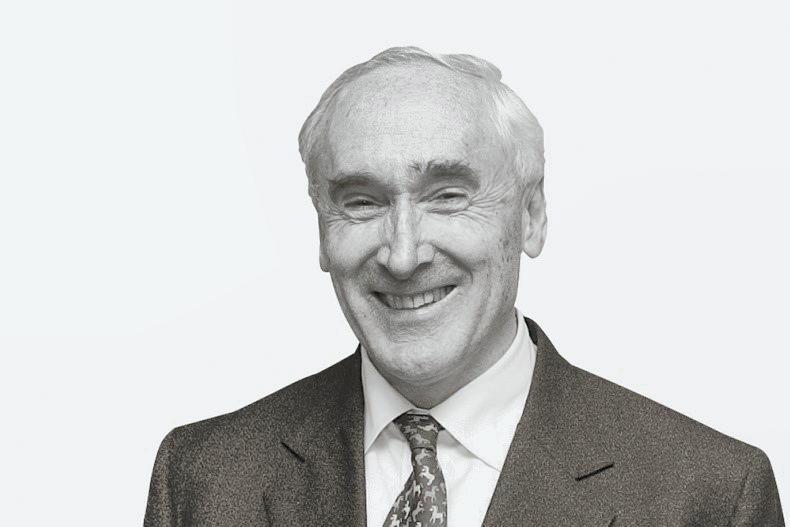The CAP Strategic Plan got the green light from Cabinet this week and now goes to Brussels for its final seal of approval.
Surprisingly, the plan that was rubber-stamped by Government was remarkably similar to the package initially put forward by the Minister for Agriculture Charlie McConalogue in late October.
What does that say about the current minister and about the various farm representative bodies?
There is no doubt but that the big winners from this process were Minister McConalogue and the INHFA.
Many expected Minister McConalogue to give ground on CRISS
The minister set out his stall earlier this year, but was widely expected to row back from a number of key positions as the pressure on him mounted. Many expected Minister McConalogue to give ground on CRISS, on the €66,000 payment limit and on eco-scheme funding.
That he maintained his position on all these issues, and refused to give way on coupled payments, suggests that he has more resolve than anticipated.
On the farm bodies’ front, the INHFA will be most satisfied. It targeted convergence and front-loading, it lobbied for it, and it was delivered. It could be argued that the association was swimming with the tide, but that will matter little to its constituency.
For the other farm organisations it was a more difficult reform. The IFA, ICMSA and ICSA will all argue that their lobbying to prevent a substantial reduction in the CAP budget was the most important battle. They will also point to the increased funding for Pillar II schemes as a further crucial concession.
The ICMSA will contend that securing concessions on the Nitrates Action Plan was more important for its core membership
However, their inability to halt the momentum of convergence, to prevent front-loading and to seriously dilute the impact of eco schemes – albeit that more options on this front were added for commercial farmers – will not endear them to already disgruntled souls.
The ICMSA will contend that securing concessions on the Nitrates Action Plan was more important for its core membership.
The IFA has no such cover. Its tillage and intensive drystock members will primarily carry the cost of these CAP reforms. They will question its prolonged strategy of seeking ‘upward-only convergence’ whilst the policy debate had moved on.










SHARING OPTIONS